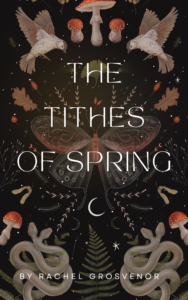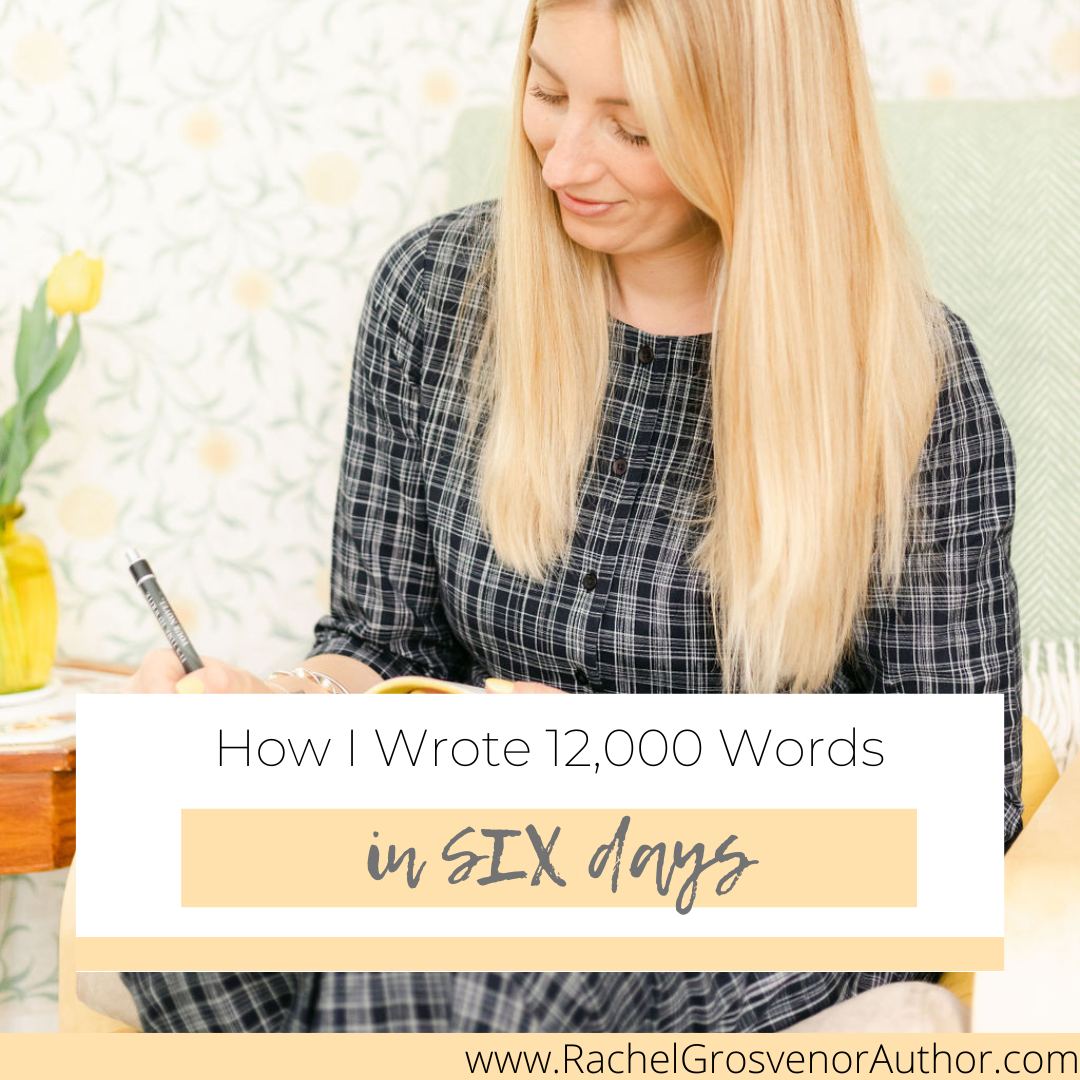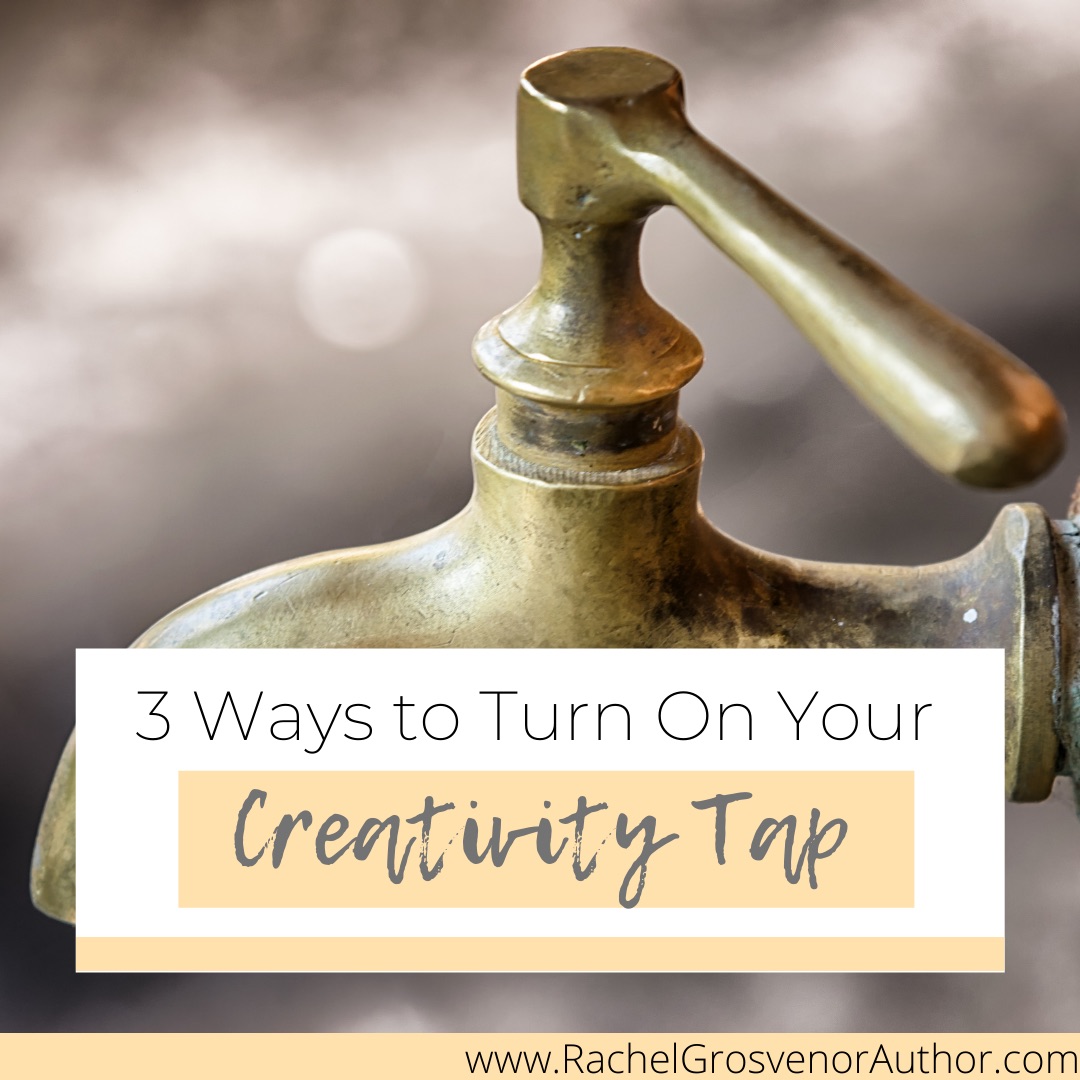I have just finished running the Writing Week Retreat with my fellow writer, editor and coach, Isobelle (of Inspired Creative Co.), and it was wonderful. We had some fantastic writers join us from around the world, and overall, the final word count for the week was over 50,000 words between us. That’s an amazing achievement for six days! Let’s talk about how we did it.
1 – Community
For me, there is nothing as powerful as community support when it comes to writing. I thrive when surrounded by writers, whether in real life or virtually, and I have witnessed the impact on others, too. During the retreat, we had two hour-long writing sprints a day. Having that dedicated time meant we could focus on our words with others.
Your Task: Find your community.
2 – Goals
My goal at the start of every hour-long writing sprint was to write as much as I knew I could – 1000 words in one hour. I know that I can write this because this is my creative data (if you’re not sure what I mean, check this blog post out!), and so I pushed myself to achieve this goal. This meant that my 12000 word achievement was my goal all along, and I am delighted to have made it!
Your task: Discover your creative data and set realistic goals.
3 – Plans
I’m a dedicated plotter, but during the retreat, I tried something completely different. I had an idea of where I wanted my story to go, and I discussed it with others, but overall I allowed myself to be a discovery writer. This means that the characters took me where they wanted to go, and out of that came a story I absolutely love. While it does differ from my original idea, I am loving the new tale, and the process is exciting and really fun.
Your task: Don’t be too rigid in terms of plans, allow yourself to discover too!
4 – Vision
To help visualise my finished book, I played with title ideas and covers on Canva. The mocked-up image is below! This sort of thing really helps when it comes to picturing the finished novel, which helps motivate me to create and write more.
Your task: Give your work in progress a title and a cover. It doesn’t have to be final.

5 – Craft
Despite having spent eight years in higher education learning the craft of Creative Writing, there is always more to learn. That’s why one of my values is education! During the retreat, Isobelle and I ran classes on everything from character arcs to raising the stakes, and our focus on that craft element helped tighten up my prose.
Your task: Don’t be afraid to improve your craft and take a class.
Are you looking for community, creativity, and craft advice? Well, stay tuned. We have more planned and can’t wait to share it with you.
If you still need to grab your copy of the Story Development Workbook (unfortunately, we have had issues with Etsy on their end!), it is now available. Click here to learn more because this workbook is jam-packed with help, and you don’t want to miss it!







